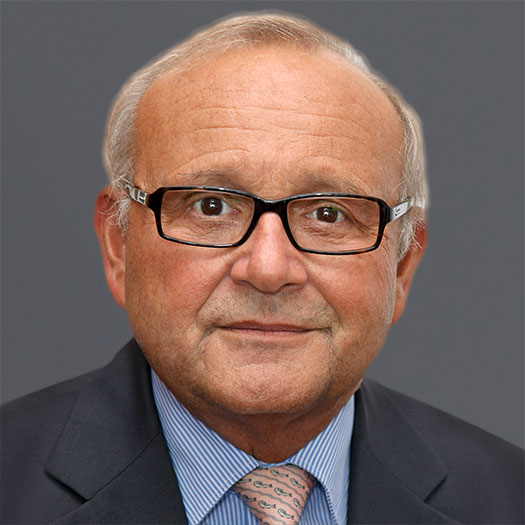Employment Durations and Heterogeneous Labour Markets: Empirical Studies on Labour Market Segmentation at the Establishment Level
Employment Durations and Heterogeneous Labour Markets: Empirical Studies on Labour Market Segmentation at the Establishment Level
In this project, we analyse the differences in employment durations of workers within the same enterprise. Apart from well-established theoretical approaches, such as human capital theory or search and matching models, we consider recently developed models of segmented labour markets. Furthermore, we assess the role of institutions and whether they contribute to a division of the labour market into segments of permanent and unstable employment.During the first project phase we analyzed the firm-specific and individual determinants of job durations with linked employer-employee data. We distinguished between job-to-job, job-to-unemployment and job-to-nonemployment transitions. Our results show high influences of institutions for certain worker groups. E.g. the existence of a works council leads to longer tenure for blue collar but not for white collar workers. With quantile regressions we found that some characteristics are more important for short job durations and others for longer job durations.In the second phase we investigated the effects of dismissal protection on short tenure by using a difference-in-difference approach. We found that the extension of dismissal protection on establishments with six to ten employees stabilized new employment relationships. Furthermore we investigated business cycle and firm-specific effects on job and worker flows especially on separation rates for employees with short or long tenure. Results show high business cycle effects but it seem to be very important to distinguish between previous job duration as well as between job-to-job and job-to-unemployment transitions.In the third project phase we are going to develop a structural model which helps to solve the endogeneity problem that arises by including wages into tenure estimations. Secondly, we will focus on the question whether the extent of worker mobility in Germany is efficient.

